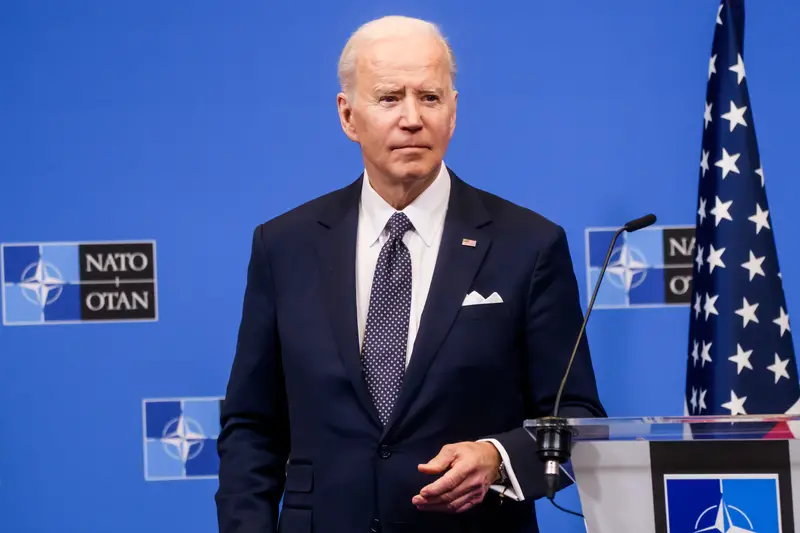Former President Joe Biden has defended the use of an autopen device by his administration to sign pardons and commutations, countering Republican accusations as unfounded, while acknowledging that his staff handled the details of numerous clemency decisions in the final weeks of his presidency.
In a phone interview with the New York Times in early July, Biden insisted he personally decided on the clemencies granted during his term. He admitted his staff replicated his signature using an autopen due to the high volume of cases. The 46th president’s team utilized the autopen for 25 pardon and commutation warrants in December and January, including two warrants that extended clemency to thousands of individuals.
On December 12, Biden commuted approximately 1,500 sentences and granted pardons to 39 individuals. Three days before his term ended, he reduced sentences for nearly 2,500 federal inmates convicted of crack cocaine offenses. The Times reported that Biden approved the eligibility criteria for pardons and commutations, while his staff managed the specifics of each case.
The autopen process was overseen by former staff secretary Stefanie Feldman, who operated the device after receiving written confirmations that Biden had directed its use. However, according to the Times investigation, many aides who drafted these confirmations were not present when Biden purportedly gave the orders.
Emails from a meeting on Biden’s final night in office, January 19, indicate that he decided to issue preemptive pardons to family members, including his brother James Biden, with mere hours remaining in his term. After messages summarizing the meeting were shared among top Biden advisers, then-White House Chief of Staff Jeff Zients approved the use of the autopen for all subsequent pardons in an email sent at 10:31 p.m.
When staffers made changes to clemency lists, they waited for final versions before using the autopen, instead of asking Biden to sign multiple versions. The autopen technology has been utilized since at least the Truman administration to reproduce presidential signatures on official documents.
President Donald Trump has questioned the validity of documents signed by Biden via autopen, alleging that Biden’s aides committed crimes by employing the device. Trump recently claimed on The Post’s “Pod Force One” podcast that individuals near the Resolute Desk operated the autopen to sign documents that should not have been signed.
Biden responded to Trump’s criticism by suggesting the president lacks focus. “I understand why Trump would think that, because obviously, I guess, he doesn’t focus much,” Biden told the Times. The former president emphasized that he made all decisions regarding clemencies, specifically noting his approval of a pardon for General Mark Milley, the former chairman of the Joint Chiefs of Staff.
Biden expressed a desire to ensure Milley received a pardon due to concerns about Trump’s potential actions without merit, citing fears of Trump’s vindictive nature toward the general. He stated he believed Republicans would have targeted Milley without just cause.
Addressing Republican speculation that his aides misused autopen technology to mask his mental state, Biden accused them of lying consistently. He suggested that Republican claims were attempts to divert attention from their own shortcomings by focusing on other issues.
Trump has maintained that Biden’s aides engaged in criminal behavior and should face consequences for their actions. He claimed that people took control of the autopen and that Biden was unaware of what he was signing, labeling their actions as crimes that should not be forgotten.
Last month, the Justice Department began investigating the autopen issue to determine if White House aides misused presidential signatures. This investigation aims to evaluate the integrity of the signature process during Biden’s final weeks in office.
Journalist Mark Halperin questioned the absence of expert analysis on Biden’s autopen use in the Times interview, suggesting the publication lacked a thorough examination of the former president’s signature practices. The controversy has become part of broader inquiries into the final days of Biden’s presidency and the extent of staff involvement in official decisions.











